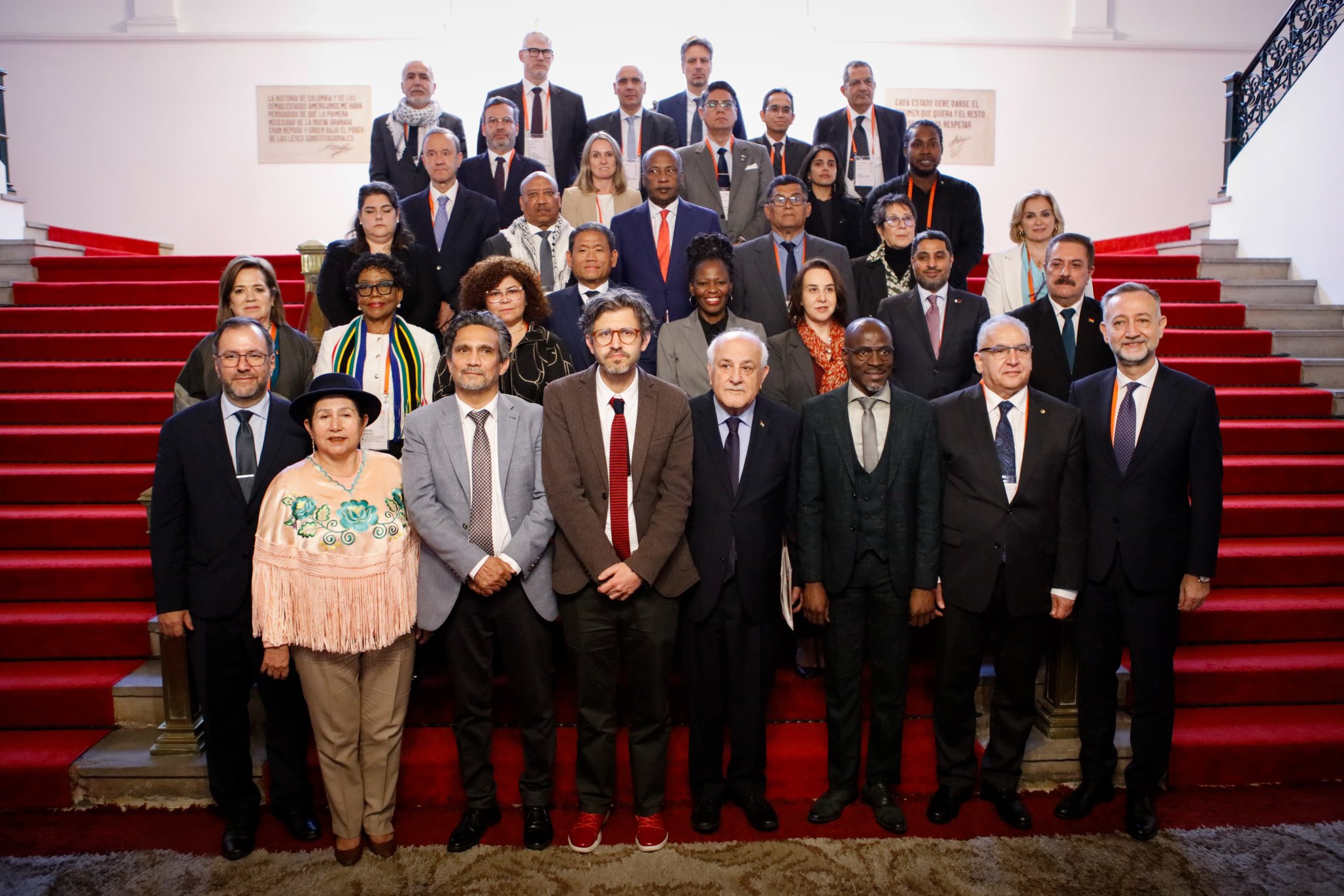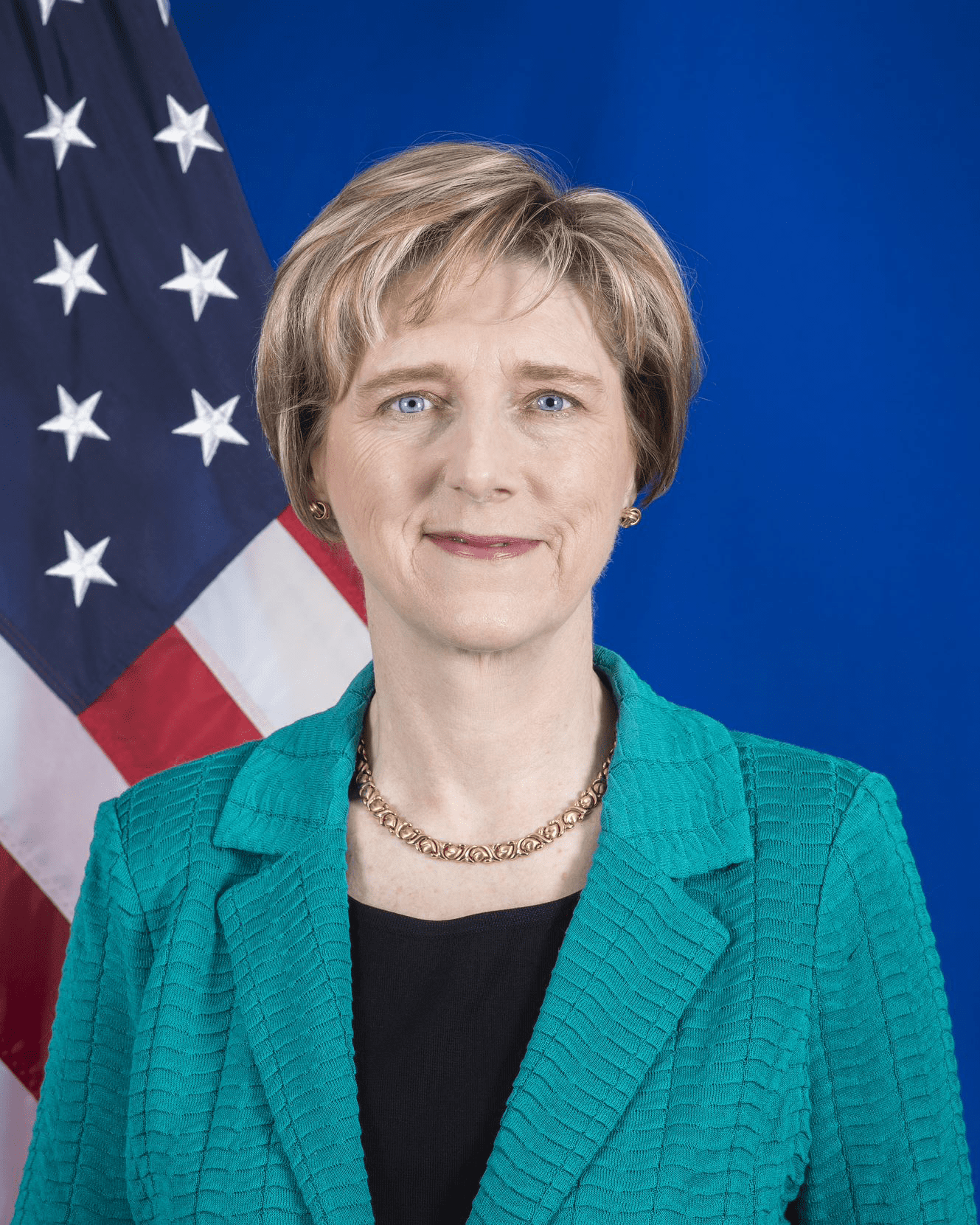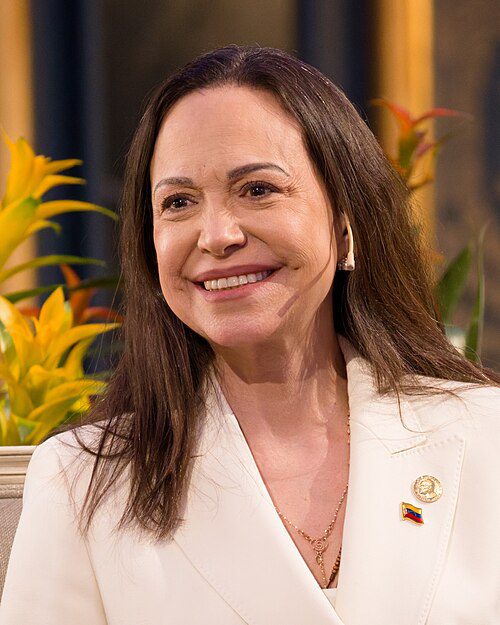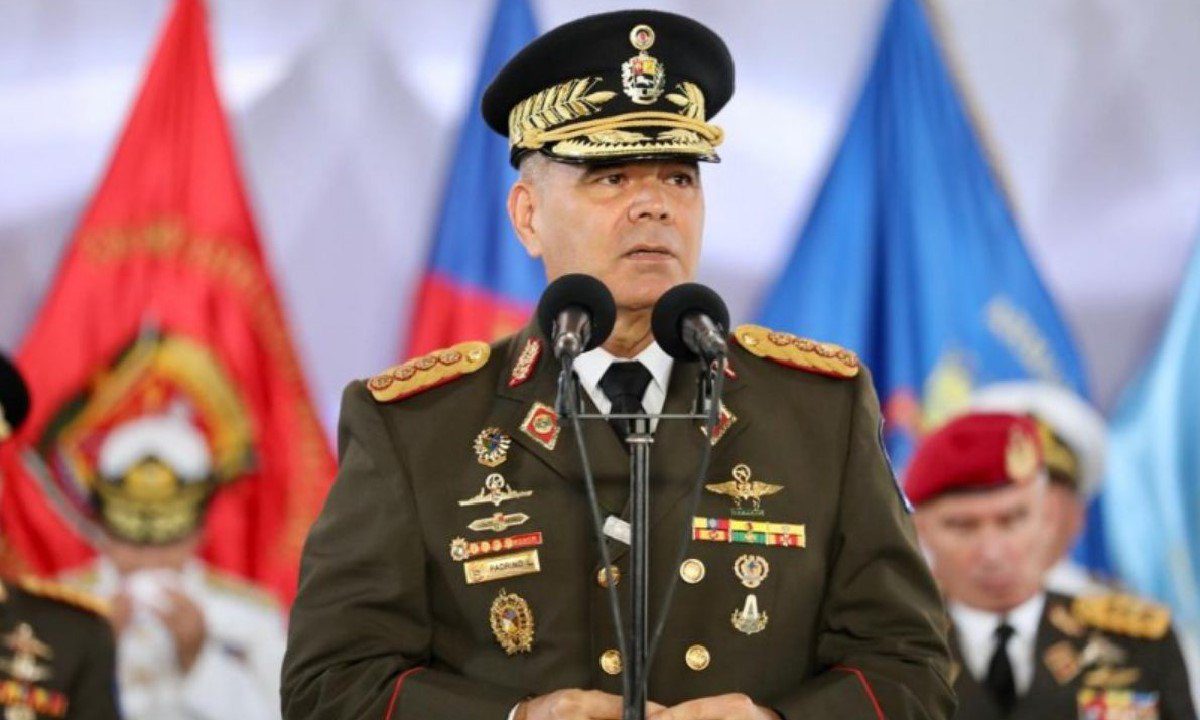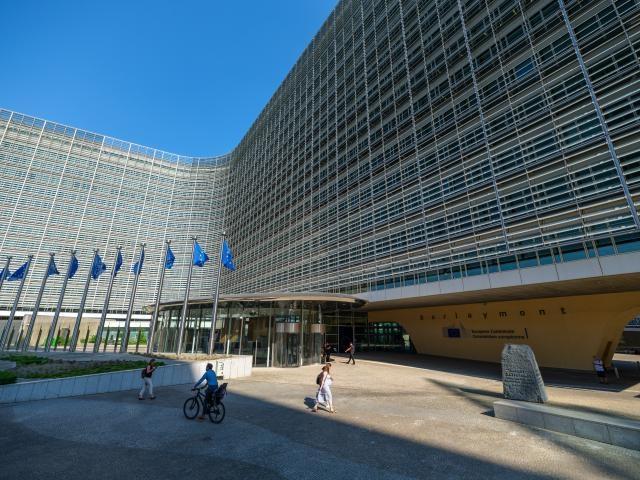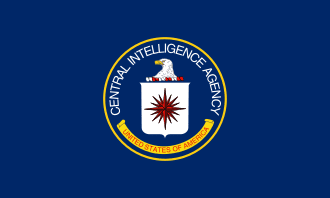Bogotá Summit on Gaza. Photo: Colombian Foreign Ministry social media
Guacamaya, July 16, 2025. With a strong message from UN rapporteur Francesca Albanese, the Hague Group summit in Bogotá brought together delegations from more than 30 countries to coordinate diplomatic, legal, and economic actions against Israel and demand an immediate end to the massacre in Gaza. Venezuela and Colombia reinforced their support for the Palestinian cause and denounced international impunity.
This week, Bogotá became the setting for an intense international summit on Palestine. Delegations from over 30 countries gathered in the Colombian capital to participate in the ministerial meeting of the Hague Group, established earlier this year to pressure Israel to halt what its members openly call a “genocide” in Gaza.
The event, co-chaired by Colombia and South Africa, aims not only to denounce Israel’s violations of international law but also to coordinate concrete measures for diplomatic, military, and economic isolation—both in the public and private sectors.
During the opening session, UN Special Rapporteur for the Occupied Palestinian Territories, Francesca Albanese, urged all governments to sever ties with Tel Aviv. “Every state must immediately review and suspend all its relations with Israel and ensure that its private sector does the same,” she declared, warning that maintaining such ties “amounts to supporting the illegal occupation” and the massacres against civilians.
Albanese’s words were particularly harsh toward the European Union, which she accused of sacrificing the “right to life” of Gazans for political and economic convenience. The rapporteur also called on the attending countries to translate their commitment into concrete actions: “These are not acts of sympathy or charity—they are international obligations,” she emphasized.
Among the specific proposals discussed at the summit were support for arrest warrants issued by the International Criminal Court (ICC) against Prime Minister Benjamin Netanyahu and his former Defense Minister Yoav Gallant, a ban on docking ships carrying weapons or military fuel destined for Israel, and the disengagement of banks, universities, and companies from supply chains that sustain the occupation.
Venezuela Breaks the Ice with Colombia in a Visit with Multiple Implications
The presence of Venezuelan Foreign Minister Yván Gil marked a significant political moment: it was his first official visit to Bogotá since tensions arose between Nicolás Maduro and Gustavo Petro over Venezuela’s 2024 elections. The meeting took place as the two governments negotiate Colombia’s purchase of the Venezuelan company Monómeros.
Maduro seized the opportunity to send a letter to the leaders of Colombia and South Africa, proposing a “Great World Summit for Peace and Against War” to stop the massacre in Gaza, push for Israel’s nuclear disarmament, and force it to respect international law. In his message, he reiterated that “Palestine has the right to exist, resist, and live free, with East Jerusalem as its capital,” calling the Palestinian cause “the moral battle of our time.”
Additionally, he expressed explicit support for Francesca Albanese, recently sanctioned by the U.S. after publishing a report identifying over 60 companies—including Microsoft, Alphabet, Amazon, and Palantir—for aiding the Israeli occupation with technology and military supplies. “Her voice is necessary, and her truth unsettles the powerful, but it will save the oppressed,” Maduro stated, describing Netanyahu’s government as “the greatest threat to humanity.”
The Hague Group Expands Its Reach
Although the Hague Group is formally composed of nine countries—Bolivia, Colombia, Cuba, Honduras, Malaysia, Namibia, Senegal, South Africa, and Belize—the gathering in Bogotá exceeded all expectations. Representatives from over 30 nations attended, including Spain, Venezuela, Cuba, Qatar, Ireland, and China, as confirmed by Colombia’s Foreign Ministry.
The group was founded in January 2025 to coordinate legal and political efforts in favor of Palestine and has since gained support across Latin America, Africa, Asia, and Europe. In its final declaration, the summit reaffirmed that defending Palestine is “not a regional or religious issue, but a moral and legal imperative.”
For Nicolás Maduro, the meeting was also an opportunity to break the diplomatic isolation that Washington and its allies have tried to impose on him over the past year and to reposition Venezuela as an active player in international forums—even among actors that have directly challenged him.
Against the backdrop of Bogotá, the summit made it clear that an increasingly broad coalition is willing to challenge Israel and its allies, demanding justice for Palestine.

